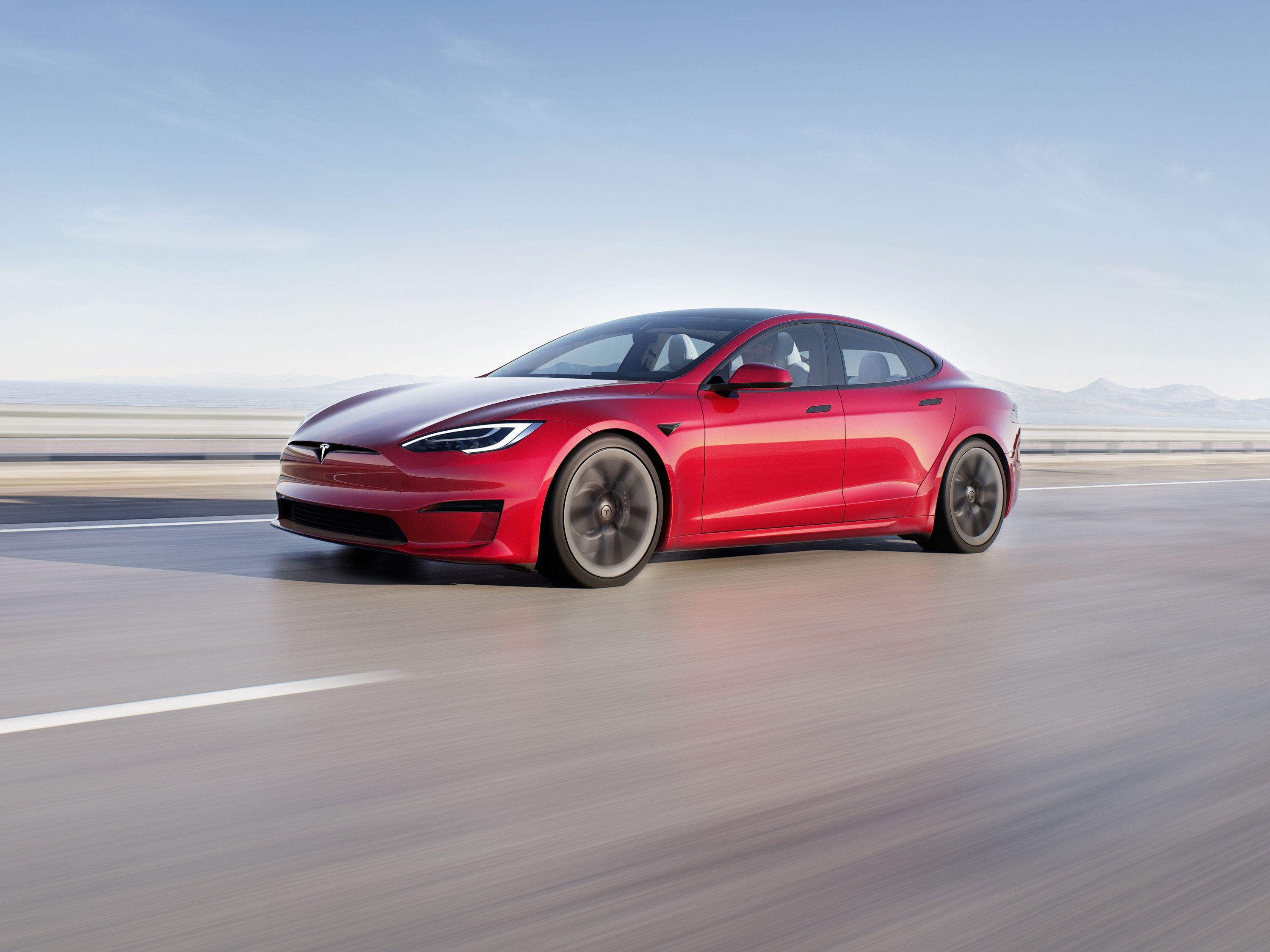
Tesla is a brand that's all about big, bold, eye-popping numbers. Do you want the fastest sedan in the world? Try the Model S Plaid's 0-60 mph time of 1.99 seconds. How about a range of over 400 miles, still one of the few EVs to have this ability? The regular Model S will be happy to oblige. And, if we're talking sales figures, the brand continues to sell thousands of EVs each month. These are all positives, but there are a set of numbers that Tesla fans won't like, and neither will your financial advisor. Yes, nearly every Tesla has received yet another substantial price hike, and you could be paying up to $6,000 more for a certain model if you order now compared to a day or two ago.
Starting with Tesla's more "affordable" vehicles, the Model 3 Long Range now starts at $57,990, a $2,500 increase. Following a huge price hike in March, the base Model 3 remains at $46,990. As for the Model 3 Performance, it costs $62,990. Overall, though, the Model 3 range received the smallest price increase.
The Model Y Long Range now costs $65,990, $3,000 more than before, and the Performance variant goes up by $2,000 to $69,990. It wasn't that long ago that you could buy a Model Y Standard Range for under $40,000. More than any other Tesla, the Model Y has gone from being a genuine alternative to mainstream products like the Volkswagen ID.4 into luxury territory in terms of its price.
Tesla's largest models have seen the highest price increases. The Model S now starts at $104,990, a $5,000 increase. For the first time, this means that you can't buy a Model S sedan for under $100,000. Shockingly, the Model S started at under $70,000 under two years ago. If you want a Model S Plaid, that begins at $135,990.
Finally, the dual-motor Model X now carries a hefty price tag of $120,990, a full $6,000 more than before. The Model X Plaid remains on $138,990, but remember, this high-performance SUV was slapped with a $12,000 increase in March. BMW also raised prices across its lineup recently, and the same applies to Lucid's pricier Air sedan. However, both those automakers haven't consistently raised prices like Tesla.
Tesla hasn't said anything about these price increases, but it's safe to assume that a rise in raw material and logistics costs - not helped by much higher gas costs - are partially to blame.
